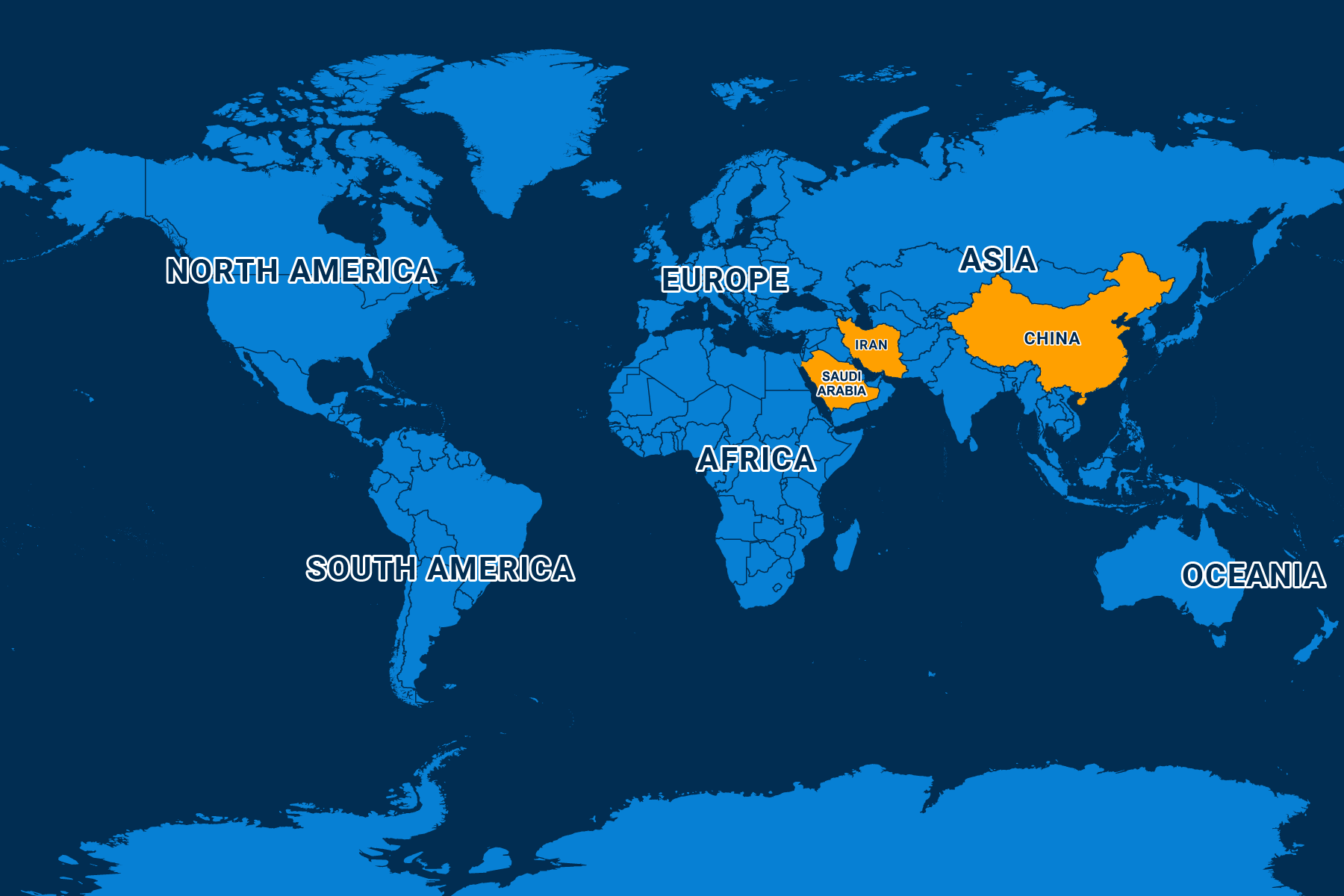A Hatchet in the Ground

It’s hard to say which is more remarkable about the recent peace deal between Saudi Arabia and Iran – the reconciliation between Sunni and Shiite Muslim powers who have been at odds over the future of the Middle East since at least the late 1980s, or the fact that China, not the United States, brokered the landmark accord.
The resumption of diplomatic relations between Saudi officials in Riyadh and Iranian leaders in Tehran does not necessarily herald a golden era of close ties between the countries, wrote Foreign Policy magazine. But the deal shows how American influence in the region has waned, China has gained power, and the normal antagonisms and alliances in the unstable region might be shifting.
For example, with this agreement Saudi leader Crown Prince Mohammed bin Salman could be throwing his erstwhile allies in the internationally recognized government of Yemen under the bus, Al Jazeera reported. Saudi support has been helping the Yemeni government fight Iran-backed Houthi rebels who took the Yemeni capital of Sanaa in 2014. Now the government’s fate is uncertain.
The deal also illustrates how the US has little or no leverage over Iran. Because the US has offered and rescinded offers related to Iran’s nuclear program, American diplomats simply couldn’t be honest brokers with Iranian leaders, said former Saudi intelligence chief Turki al-Faisal in an interview with Agence France-Presse.
While the deal also suggests a rift between the US and Saudi Arabia – two historic allies – it might not be one, reasoned Peter Krause, a political scientist at Boston College. “I don’t think it’s a strategic snub because I think the Saudis still need the Americans more than any other major power in the region,” Krause told The Hill.
Furthermore, the Chinese appear to be helping to bring peace to the two sides for the same reasons that Americans have been meddling in the Middle East for years: They want to ensure the free flow of oil to international, especially Chinese, markets, a Barron’s op-ed opined.
Saudi Arabia and Iran came together in part because both want to focus on domestic economic reforms, with particular regard as to how each will prosper in the future when oil consumption declines due to wider use of renewable energy sources, wrote Lancaster University International Relations professor Simon Mabon in the Conversation.
It’s not yet clear how the Saudi-Iranian deal could impact a proposal for the US to help Saudi Arabia develop a nuclear energy program in exchange for normalizing relations with Israel, the New Yorker added.
Still, the normalization could mean peace in Yemen, and who knows, maybe much more.

Subscribe today and GlobalPost will be in your inbox the next weekday morning
Join us today and pay only $32.95 for an annual subscription, or less than $3 a month for our unique insights into crucial developments on the world stage. It’s by far the best investment you can make to expand your knowledge of the world.
And you get a free two-week trial with no obligation to continue.
